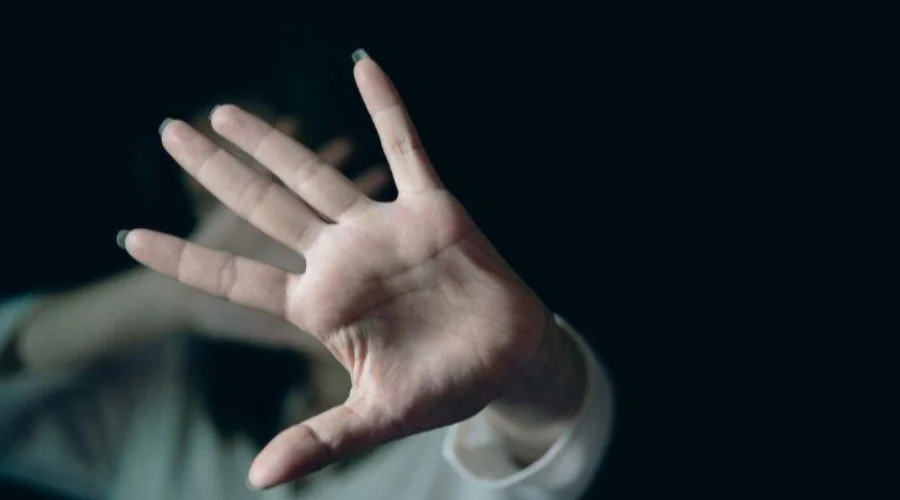
- 19 Oct
- 2022
Ilustrasi gambar (freepik)
Ministry of Religion's New Rules, Concerning Whistling and Staring Including Sexual Violence, UM Surabaya Lecturer Gives Response
The Ministry of Religion on October 5 2022 issued a Minister of Religion Regulation (PMA) regarding the prevention and handling of sexual violence in education units under the auspices of the Ministry of Religion.
Sri Lestari, a Lecturer at the University of Muhammadiyah Surabaya (UM Surabaya) responded directly to this hectic situation. He said this regulation is a positive thing that needs to be responded well by the community and can be used as a guideline for educational units under the auspices of the Ministry of Religion.
"Considering that recently there have been many cases of sexual violence within religious institutions, one of which was sexual violence that occurred in Islamic boarding schools, this is the first step for the Ministry of Religion to control and regulate sexual violence so that it does not happen again," said Tari Wednesday (19/10/22 )
Tari explained that there were 16 forms of sexual violence described in the candy. This includes verbal and non-verbal, physical, non-physical violence both in person and online.
Detailed forms of sexual violence, such as discriminatory remarks on physical appearance, whistling jokes with sexual nuances, sexual activity based on coercion, threats of persuasion, stares with sexual nuances, showing genitals on purpose, including rape and all kinds of acts of Gender-Based Online Violence (KBGO) such as messages with a sexual tone, showing videos, recording and taking videos of a sexual nature.
It is clearly written in the PMA and it has become a point of pressure in some media that whistling and staring have sexual overtones. Both of these can be identified as acts of catcalling that often occur and we encounter a lot on roads or other public spaces such as bus stops or sidewalks.
"Generally women experience this, but do not rule out the victims are also men because sexual violence can happen to anyone," added Tari again.
According to Tari, when viewed from a gender perspective, catcalling can be seen as a form of objectification to the victim. The objectification in question is whistling because it is aimed at the victim's physical appearance which is attractive only so that it can offend the victim and make the victim feel uncomfortable, scared, and can even cause anxiety and excessive vigilance when in public spaces.
"The public needs to know that whistling or staring with sexual nuances is an act that violates human rights and demeans," he said.
He said that patriarchal culture is still inherent in our society. As a result, many still perceive these actions as jokes and often it is the victims who are blamed because they are considered to be overly responsive to these actions.
Education needs to be done about how to respond to sexual violence, which is a type of catcalling. The existence of reports about whistling and jokes that make headlines in the media responding to PMA can also be viewed positively as an educational process that the public must be aware that the act of whistling or commenting on bodies which is often done on the streets is wrong and against the law.
"On the other hand, when people experience harassment, people know and must have the courage to reprimand the perpetrators. Bravely fighting and admonishing the perpetrator is a form of anticipation and self-defense. Just say that this action violates the law and can be reported, "concluded Tari.










(0) Comments